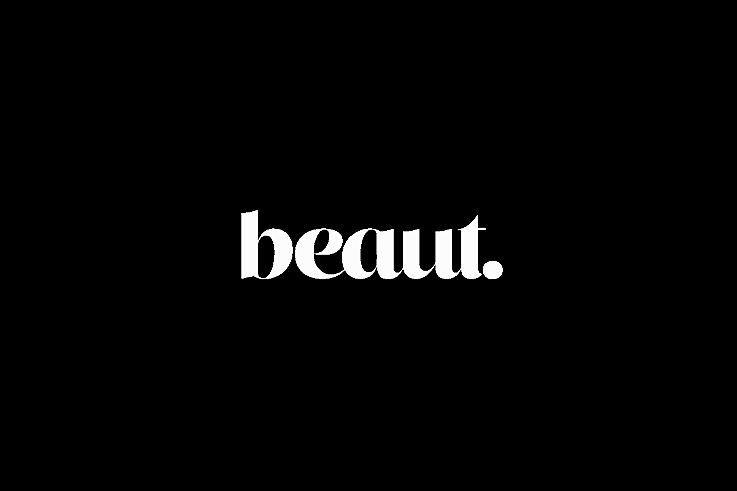
By now, regular readers of Beaut.ie, or in fact of any Irish publication, are all too familiar with 'sponsored content', or as those in the ad industry call it, 'native content'.
Here in Beaut we do listen to you because you are our valued readers, and we have often seen negative opinions expressed about said content. Rather than replying to you briefly in a two line comment, I thought that we should take the time to properly explain our, and the industry's, situation.
Publishing is an expensive business. We employ approximately 15 people directly and more than that indirectly via freelancers and other suppliers. That's 15 monthly salaries to cover plus employer taxes. We have premises that need heating, light, rent and we have the tools of our trade like computers, phones etc. And that's not the full extent of our costs.
So for us to stay in business and run a website, we have to make money. We don't manufacture anything, we have no goods to sell.
So how do we generate revenue?
Well, we could apply a subscription fee to our readers. But in a world where we believe that free content is our right, and where people have a million other choices, I'm fairly confident in saying that we would go out of business pretty quickly if we went down that road. And the other option, and the go-to solution for publishers worldwide, is advertising.
Traditionally digital advertising was comprised of banner type ads that appeared around the content you were reading. Over time those ads became more and more intrusive, popping up in front of you. This began to irritate users who in turn began to block ads. And the truth is that no ads means no revenue, and no revenue means no website.
Advertised
About two years ago 'native adverts' appeared. These could not be blocked as they were content but they were also seen as a way for a brand to provide interesting and engaging content to the readers. But the message then became somewhat muddied as the line between a press release and a native ad became blurred.
But publishers are now stepping up to the plate. There is a general consensus within the industry that we need to push back to ad agencies and clients when they want us to publish something that is too commercial. Of course there's a risk factor in this. If one publisher stands alone and says no to an ad campaign, there will ten in a queue behind them to accept it. And bills do need to be paid.
Equally, there were some unscrupulous publishers out there who were willing to print these ads without marking them as sponsored in some way, thus misleading the reader to believe that the content was original which then gave all publishers and native ads a bad rep.
I sense that we are now at a crucial tipping point. As publishers, we don't want to have poor content, and advertisers don't want you to have a negative perception of their brand either. Therefore together, we are aiming to build a genuinely interesting and engaging content for you to consume.
Don't let the fact that an article is sponsored put you off. The writers who create the articles that you usually enjoy are the same ones that write the native ads. Is a makeup tutorial any less useful just because a brand paid to be associated with it? We don't necessarily believe so.
And here in Beaut.ie, we also have our own strict guidelines which we adhere to, over and above the IAB guidelines. For example, there is NO way that you can purchase a product review. To do so would compromise our integrity. Our reputation was built on honest reviews and we will protect that.
Advertised
If you like Beaut.ie, or any publisher for that matter, and wish us or them to continue in business, then please understand that this is how we stay afloat. While free content is great, it is far from free on our side. And should anyone have a revenue making idea for publishers that isn't reliant on advertising, and hasn't yet been thought of by any publisher worldwide, then I'd suggest you patent it immediately, as you are sitting on a goldmine!
Are you aware of the IAB guidelines?



